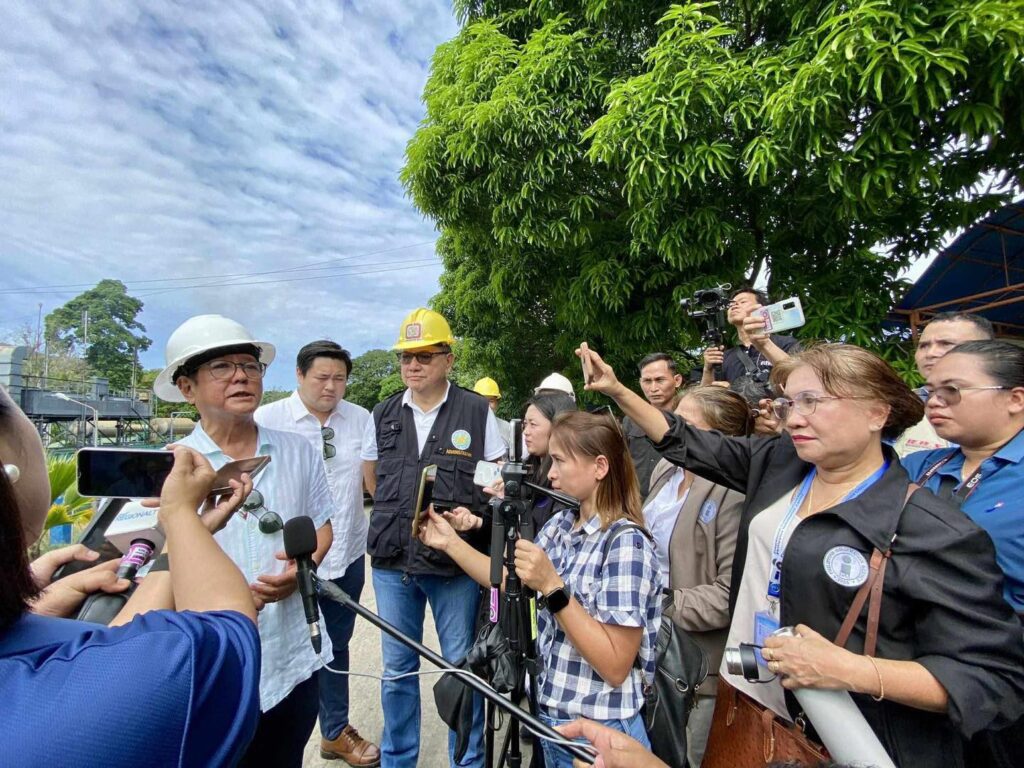Hungary has announced its decision to withdraw from the International Criminal Court (ICC), the government confirmed on Thursday, just as Israeli Prime Minister Benjamin Netanyahu arrived in the country for a state visit.
“The government will initiate the withdrawal procedure on Thursday, in accordance with the constitutional and international legal framework,” stated Gergely Gulyás, chief of staff for Hungarian Prime Minister Viktor Orbán.
The ICC has faced increasing scrutiny, particularly after issuing arrest warrants for Russian President Vladimir Putin and Netanyahu. Despite the warrant against him over Israel’s military actions in Gaza, Netanyahu arrived in Budapest on Wednesday for diplomatic talks.
Gulyás criticized the ICC, arguing that it had strayed from its original purpose and turned into a “political body.” He pointed to the warrant against Netanyahu as an example, stating that Hungary never incorporated the ICC’s 1998 Rome Statute into domestic law, making the court’s arrest warrants unenforceable in the country.
He also noted that major military powers, including the United States, have never been ICC members, with the U.S. even imposing sanctions on the court.
Hungary’s move aligns with statements from other nations questioning the ICC’s authority. Earlier this year, Polish Prime Minister Donald Tusk confirmed that Netanyahu would not be arrested if he attended a memorial event in Auschwitz, despite the ICC warrant.
The arrest warrant, issued in November, accused Netanyahu and former Israeli Defense Minister Yoav Gallant of using “starvation as a method of warfare” by restricting humanitarian aid to Gaza and of deliberately targeting civilians—allegations Israel has denied.
In response, Orbán invited Netanyahu for a state visit and accused the ICC of interfering in ongoing conflicts for political reasons, arguing that such actions only escalate tensions and undermine international law.
Hungary will become one of the few nations to leave the ICC, following Burundi’s withdrawal in 2017. Other countries, such as South Africa and The Gambia, have considered leaving but ultimately reversed their decisions, citing concerns over ICC bias against African nations.
The Philippines also withdrew in 2019, though its former president, Rodrigo Duterte, remains under ICC investigation for alleged human rights violations linked to his controversial war on drugs.




















